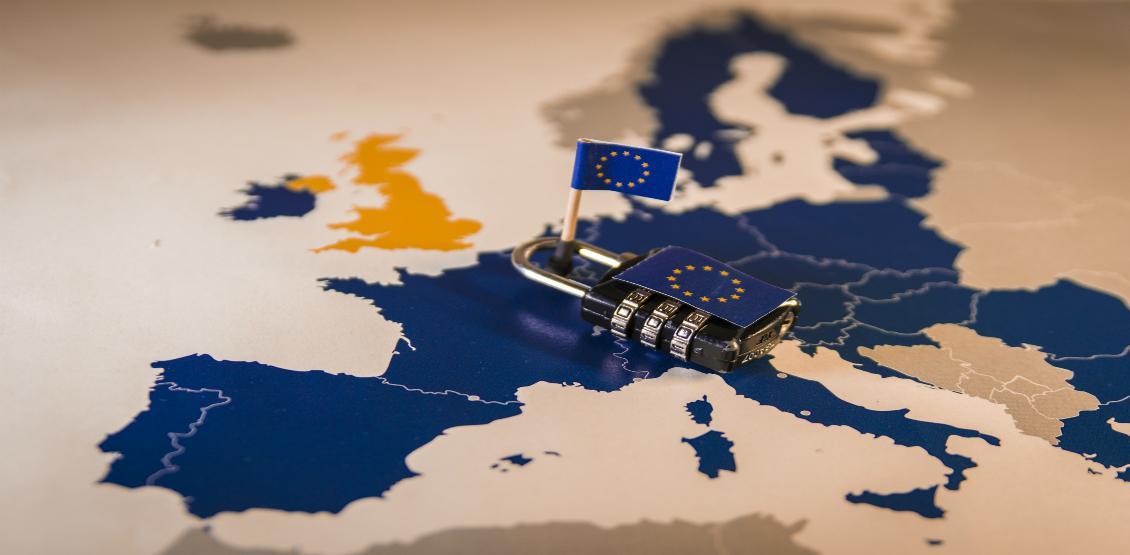If you do business in Europe, you are probably quite familiar by now with the acronym GDPR – the European Union’s General Data Protection Regulation. In May 2018, companies that handle personal information from European consumers will be required to follow strict new regulations for privacy, data security, and accuracy of personal data from EU citizens.
Many organizations are focused on avoiding the stiff penalties associated with GDPR violations. I have a different view. To me, the GDPR is an opportunity for business growth and marketing success as a result of the fundamental decisions you make about your data quality.
Let’s start with Article 5 of the GDPR, which will be one of the most critical compliance areas for most organizations. It requires you to make a good faith, best practice effort to correct or expunge errors in your contact database, along with ensuring data security and appropriate usage. You will need to be able to document these efforts to avoid penalties.
This Article responds to a norm among some organizations that a certain amount of bad contact data is an unavoidable cost of doing business – and in fact, according to SiriusDecisions, as many as 25% of marketing contact records currently contain critical errors. So what if Hans in Frankfurt or Liv in Stockholm gets a little extra junk mail because someone else lived at that address years ago?
To me, Article 5 of the GDPR forces you to care about something you should care about anyway – protecting your customers from unwanted marketing contacts. In addition, these unwanted or erroneous contacts are a serious drag on your marketing expenses and a waste of resources for the environment. Now that inexpensive API and list processing tools can validate addresses, lead quality and much more, it has long been past time for most organizations to put data quality on autopilot.
I feel that a similar nexus exists for much of the rest of the GDPR. For example, it has strict opt-in requirements that prevent you from “defaulting” a customer on to your marketing contact list, and you must make it simple for customers to modify their information or even be “forgotten” if they wish. Some may see rules like these as an onerous intrusion on their marketing process. I personally see it as the dawn of a new era in customer relationships, away from interruptive marketing and towards more collaborative – and ultimately more profitable – relationships.
So, go ahead and join the rush to become GDPR compliant by May. But in the process, take advantage of this time to re-think your data quality and marketing strategies for the long term. I think you’ll find that a new and much more effective business strategy lies in your future.













